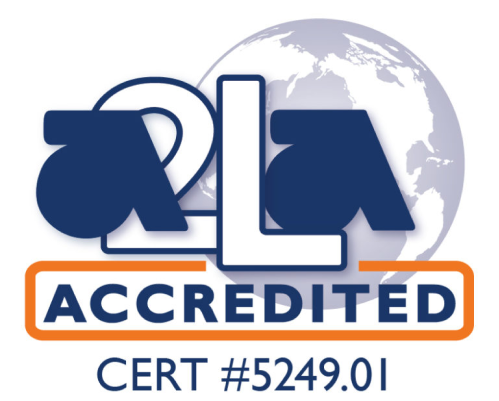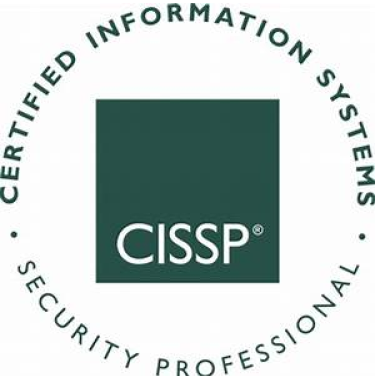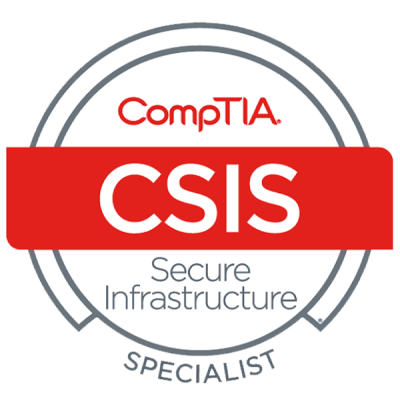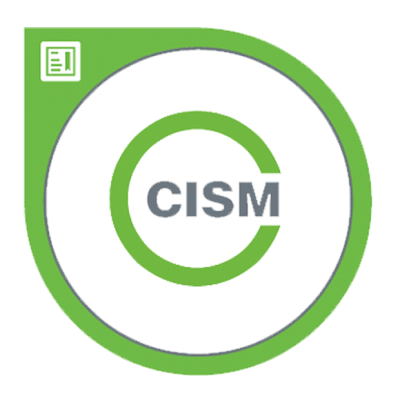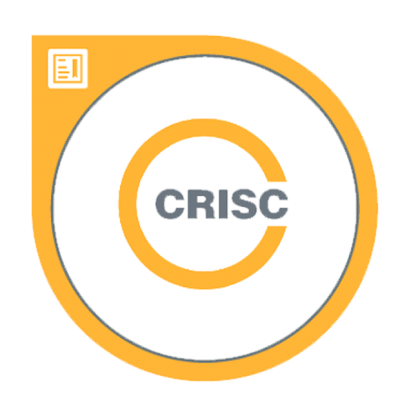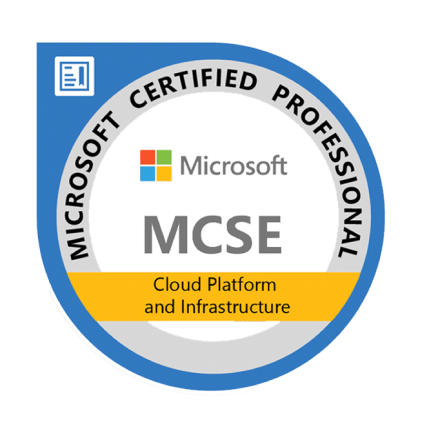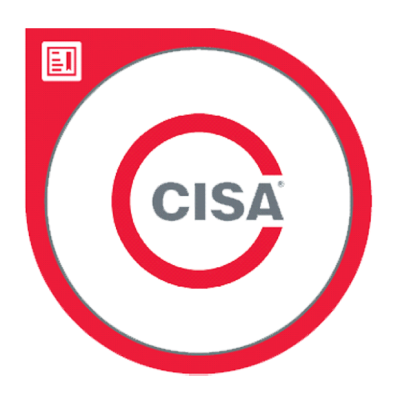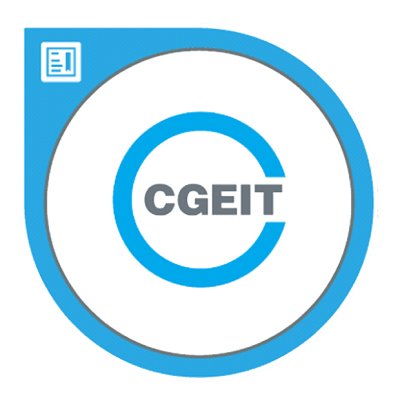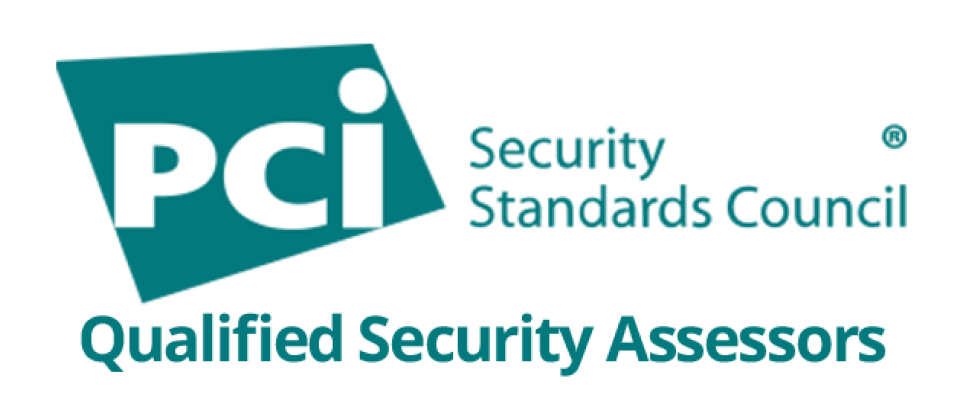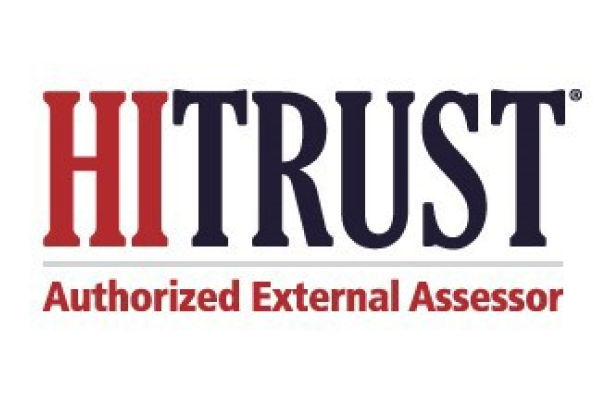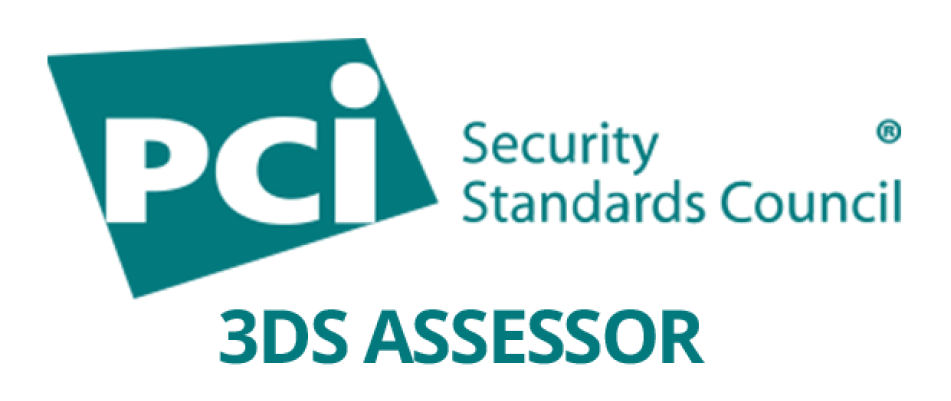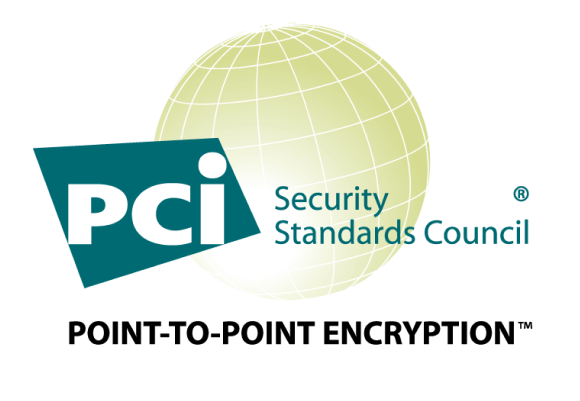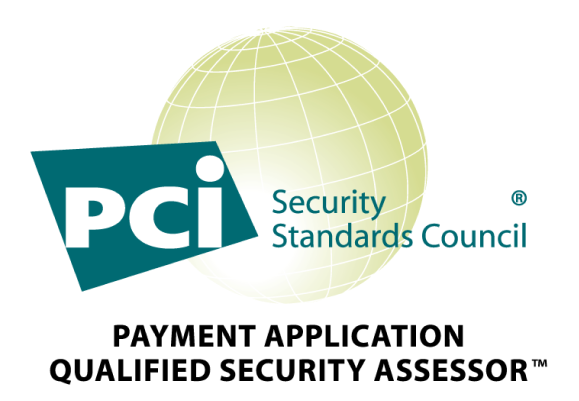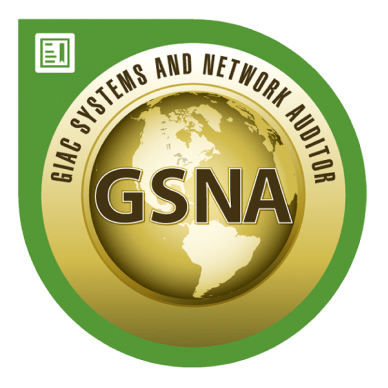Gramm-Leach Bliley Act (GLBA) Assessment
Our expert assessors help ensure your organization is taking the necessary steps to safeguard sensitive data and comply with the Gramm Leach Bliley Act.
Protect Customer Data and Stay Compliant with GLBA Requirements
Under the Safeguards Rule, financial institutions must protect the consumer information they collect. The definition of “financial institution” applies to all businesses, regardless of size, that are “significantly engaged” in providing financial products or services. In addition to developing their own safeguards, companies covered by the Rule are responsible for taking steps to ensure that their affiliates and service providers safeguard customer information in their care as well.
Our expert team provides comprehensive Gramm-Leach Bliley Act compliance assessment to help you understand, prepare for, and implement appropriate safeguards to protect the customer records and non-public information you hold. Where compliance issues are uncovered, we provide expert support and guidance to help you bring your program in line with GLBA requirements quickly and easily.
OUR APPROACH
Let the MegaplanIT team perform a Gramm-Leach Bliley Act Compliance Assessment to help you comprehensively understand, prepare for and implement appropriate safeguards to protect you customer records and non-public information in support of GLBA. Contact our team today if you would like to learn more.
KEY BENEFITS
Why GLBA Compliance Matters
Safeguarding customer financial information is critical to both compliance and trust. MegaplanIT helps your organization meet Gramm-Leach-Bliley Act requirements by identifying risks, securing sensitive data, and providing expert guidance to strengthen your security posture and simplify ongoing compliance.
Our experts conduct thorough assessments to uncover gaps in your security controls and provide actionable recommendations to remediate them before they become liabilities.
We help safeguard sensitive financial and personal data against unauthorized access, ensuring your customers’ information remains protected and your organization maintains trust.
By proactively addressing GLBA requirements, you reduce the risk of breaches and regulatory penalties—protecting both your reputation and your bottom line.
With proven methodologies and hands-on support, we streamline the compliance process so your organization can meet GLBA standards efficiently and with confidence.

Partner with MegaplanIT to Achieve GLBA Compliance
Let the MegaplanIT team perform a Gramm-Leach Bliley Act Compliance Assessment to help you comprehensively understand, prepare for and implement appropriate safeguards to protect you customer records and non-public information in support of GLBA.





